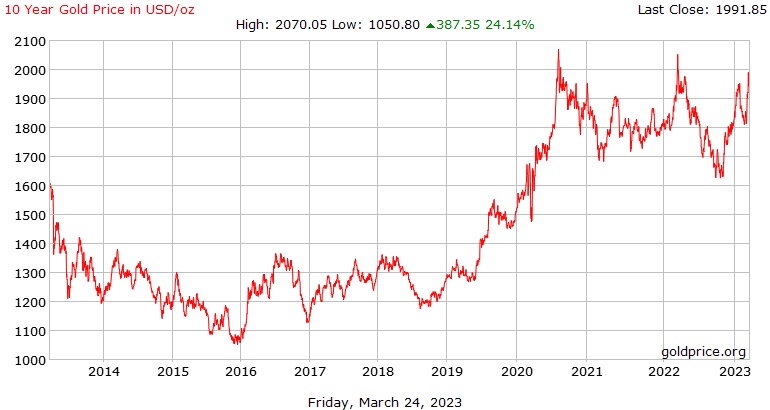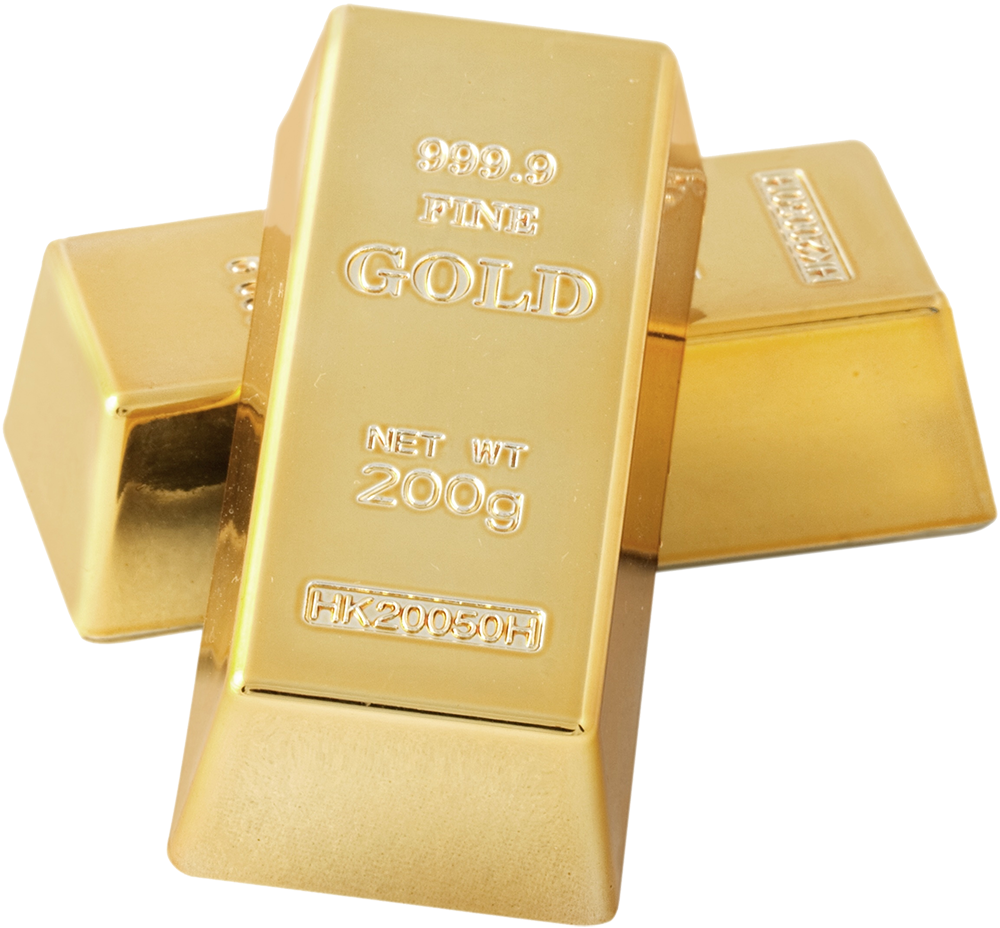 Unless you happen to be a fairly economically secure individual—someone, for instance, with a broad range of financial investments—you’re probably not in the habit of staying up to date on the fluctuations in the gold market.
And if you don’t have a few dozen gold bullion bars stashed away in a security vault somewhere, why should you, right?
Well … that’s not necessarily the case. And here’s why: Gold has lately been trading at record highs. And if you’re like most people, you may have more access to potentially valuable gold items than you realize.
Of course, as is the case with the rest of the world’s major commodities markets, the price of gold fluctuates on a daily basis. But since 2010, the price of gold has barely dropped below $1,200 an ounce, which is roughly what it’s trading at right now.
Unless you happen to be a fairly economically secure individual—someone, for instance, with a broad range of financial investments—you’re probably not in the habit of staying up to date on the fluctuations in the gold market.
And if you don’t have a few dozen gold bullion bars stashed away in a security vault somewhere, why should you, right?
Well … that’s not necessarily the case. And here’s why: Gold has lately been trading at record highs. And if you’re like most people, you may have more access to potentially valuable gold items than you realize.
Of course, as is the case with the rest of the world’s major commodities markets, the price of gold fluctuates on a daily basis. But since 2010, the price of gold has barely dropped below $1,200 an ounce, which is roughly what it’s trading at right now.
When Gold Is Overpriced, You Might Want to Sell
At the time of this writing, gold’s price per ounce was exactly $1,192.23. At various points over the past two years, the per-ounce rate has risen as high as $1,800. For just one ounce!
At the moment, gold is actually more expensive than platinum, even though platinum is roughly 15 times rarer than gold, and as such, is generally more expensive than gold. Because of this, many market watchers assume the price of gold is due to take a dip sometime soon. That means you’ll want to sell your gold now, before the prices drop.
Do You Have Easy Access to Gold?
Whether you’re aware of it or not, there’s a decent chance that at least a few pieces of old and unwanted jewelry, or maybe some scrap gold, are floating around your home at this very moment. And given the current rates, a couple of gold chains—or perhaps an old gold ring or a pendant—could very easily bring you one seriously substantial payday.
As most any investor will tell you, needing a bit of quick cash is a perfectly acceptable reason to sell your gold, “even if the market conditions aren’t optimal,” as an article on the website Sell Gold HQ puts it. “When we look at your situation from a personal-budget perspective rather [than] from an investing perspective,” the article continues, “we have to acknowledge that sometimes, the gold you own can serve as a fallback option during tough times.”
